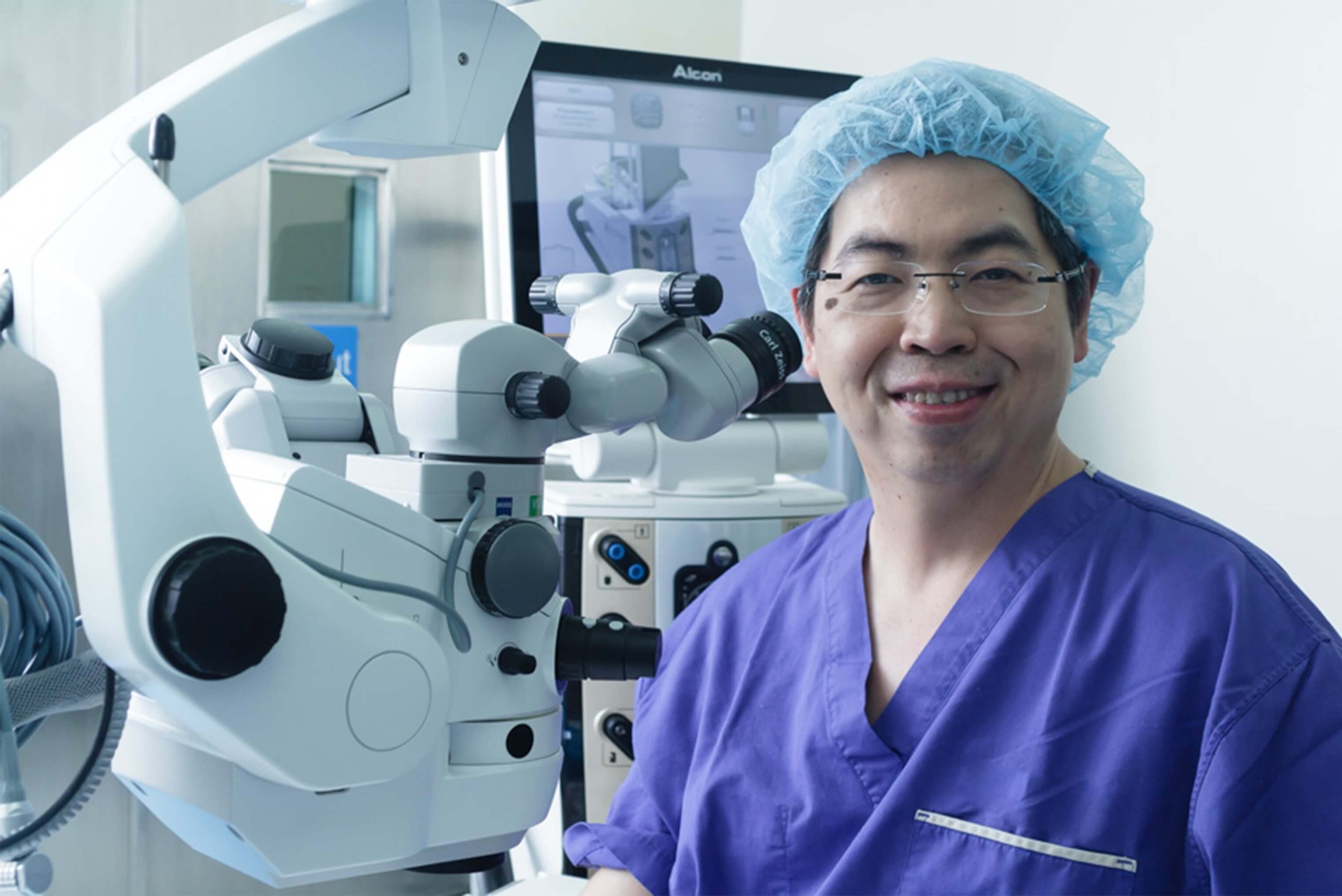What is a Clinical Trial
A clinical trial is a type of research that studies a test or treatment given to humans. Clinical trials study how safe and helpful tests and treatments are. When found to be safe and helpful, they may become tomorrow’s standard of care. Clinical trials can study many things, such as:
- New drugs not yet approved by the FDA (Food and Drug Administration)
- New uses of drugs already approved by the FDA
- New ways to administer drugs, such as in pill form
- Use of alternative medicines, such as herbs and vitamins
- New tests to find and track diseases
- Drugs or procedures that relieve symptoms
Clinical trials are carefully designed, reviewed, and completed. The principal investigator is the person in charge of the trial. He or she is a doctor or scientist who is an expert in what the clinical trial is about. The principal investigator takes the lead in designing the clinical trial, choosing the research team, and carrying out the study. Often, other medical staff, called investigators, are part of the research team.
Clinical trials need to be approved before they can start. Clinical trials need sponsors since they can’t be done without money or other support. Sponsors often are government agencies, pharmaceutical (drug) companies, and non-profit organizations. Sponsors of the clinical trial review the research plan (also called protocol). Funding or other support is given by the sponsor once the research plan is approved.
Clinical trials also need approval from an IRB (Institutional Review Board). An IRB is a group of people chosen by the health care center where patients will be enrolled into a clinical trial. Each IRB include five members. These members must include a scientist or someone in the medical field, someone who’s not a scientist, and someone who’s not from the health care industry. The IRB reviews the research plan to make sure the rights and welfare of patients are protected. After the trial has started, the IRB reviews its progress at least every year.
What each clinical trial has to offer to patients differs. However, there are four general benefits. First, you'll have access to the most current cancer care. Second, you will be treated by experts. Third, the results of your treatment—both good and bad—are carefully tracked. Fourth, you may help other patients with the same disease.





